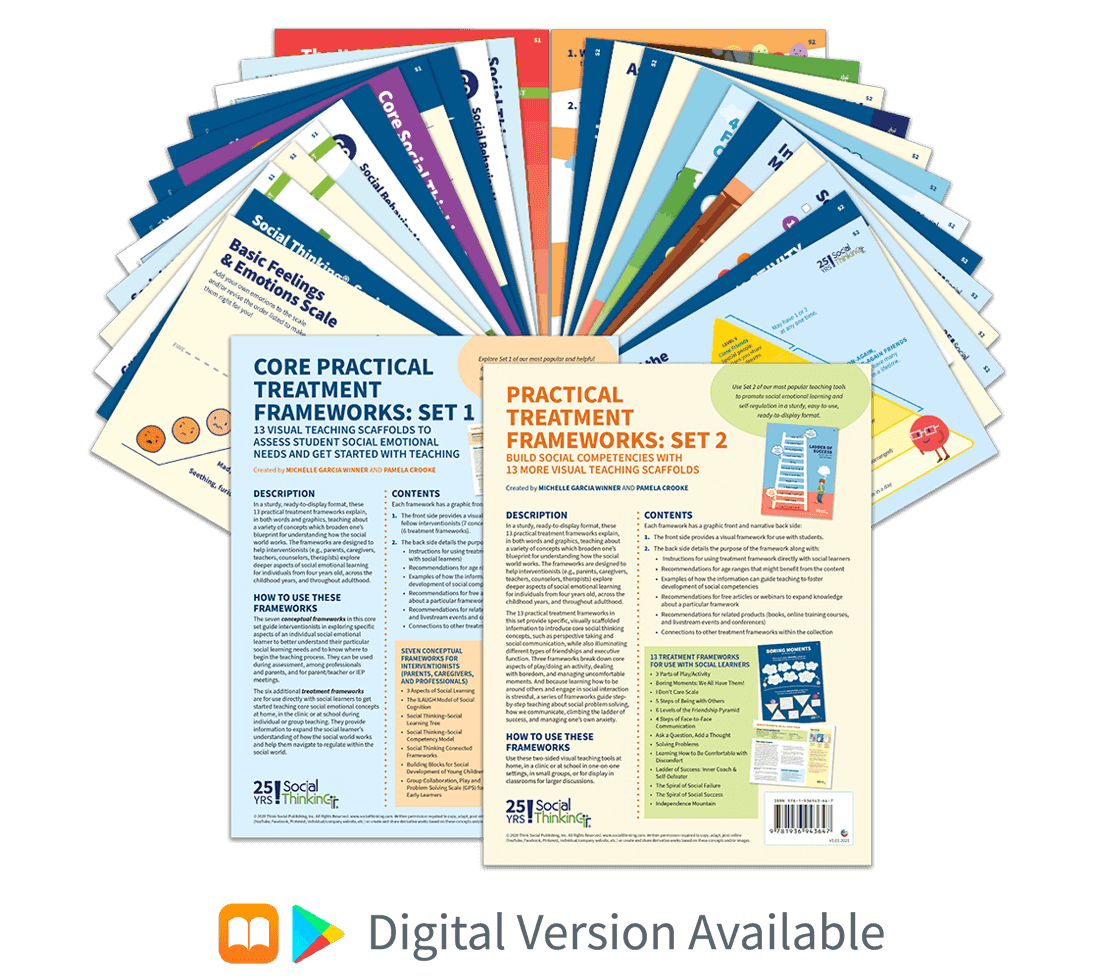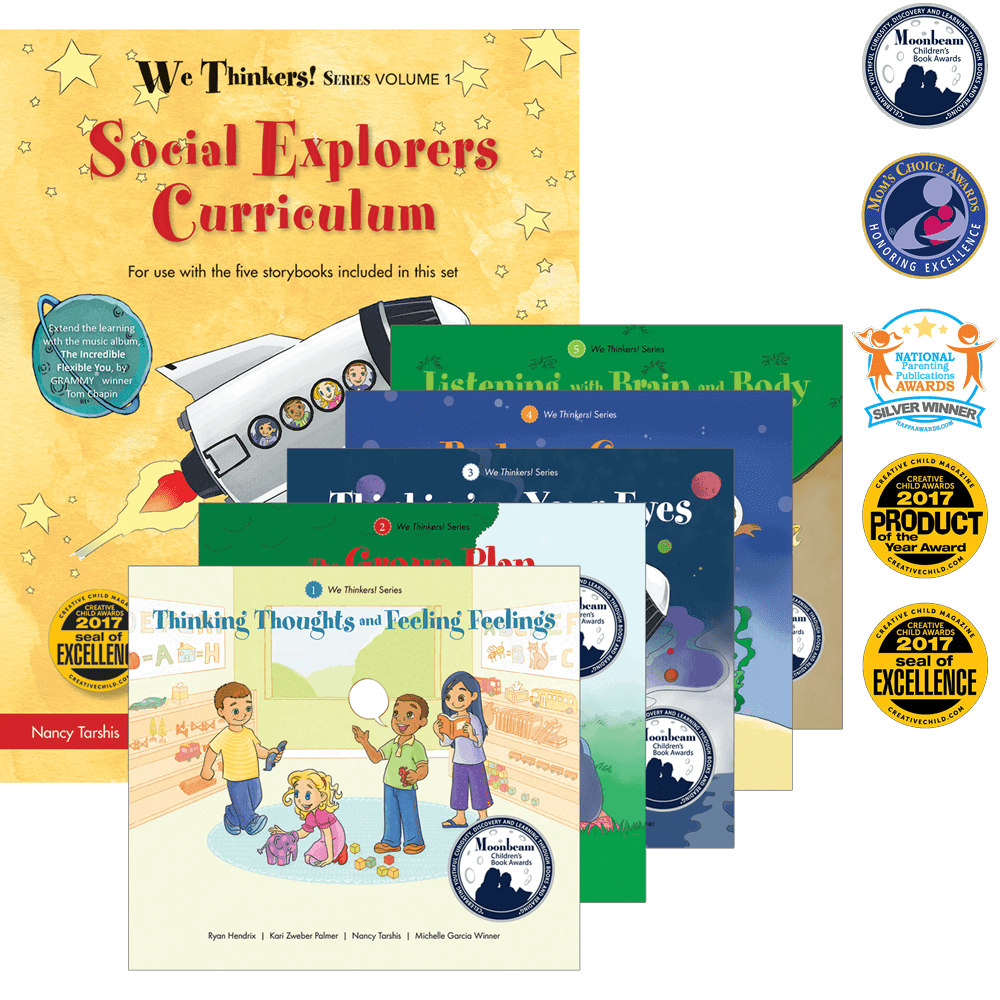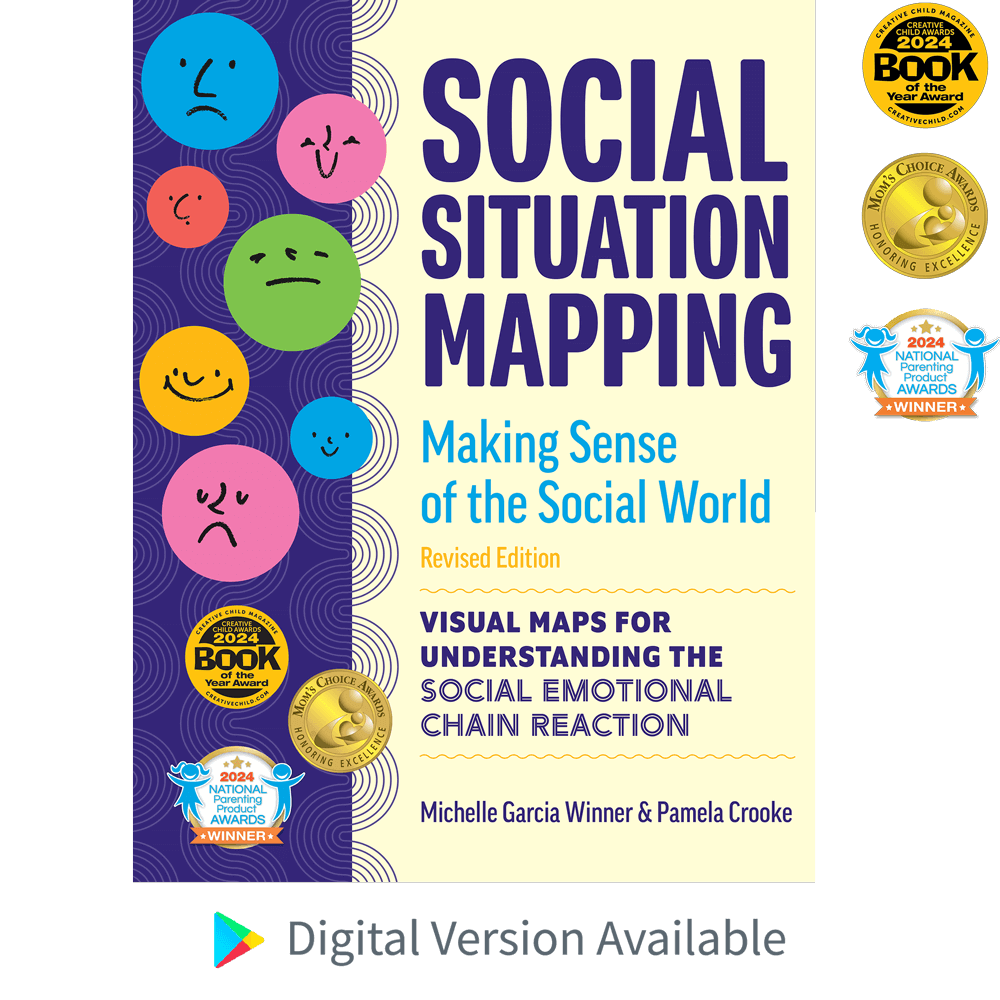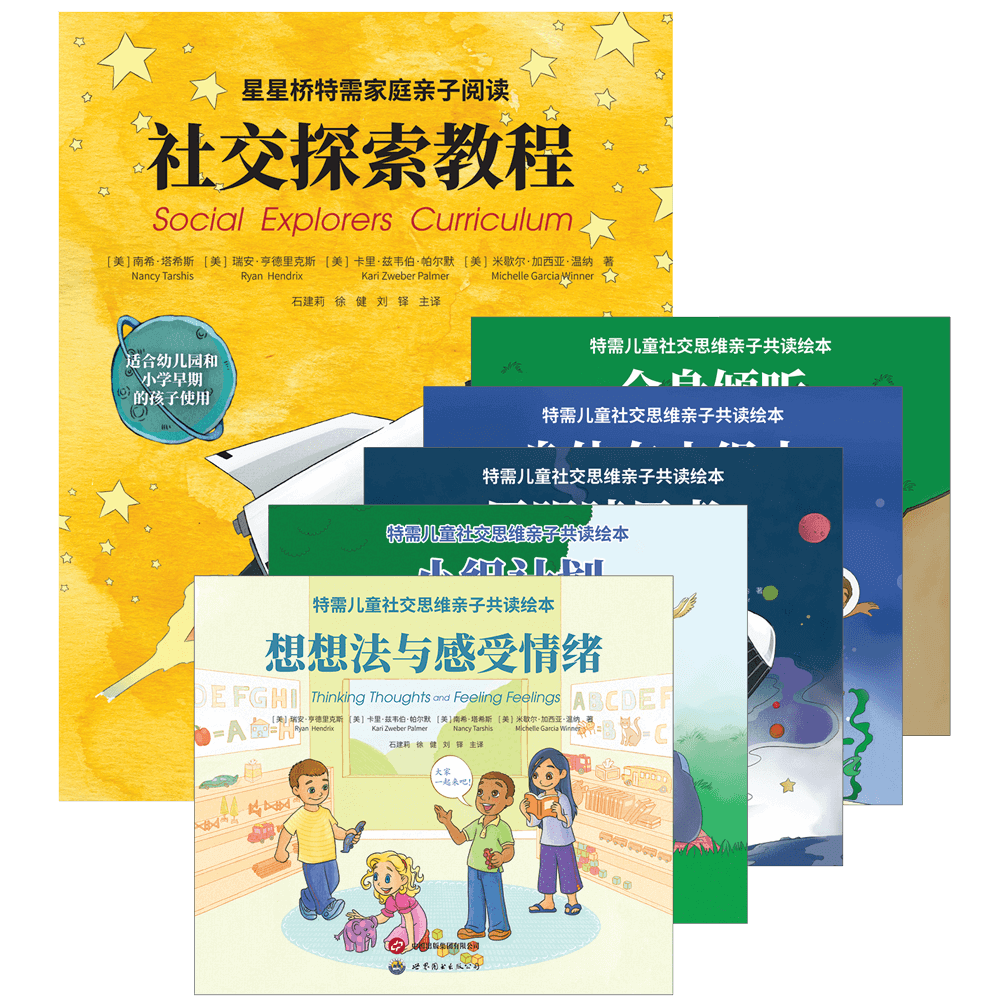Social Learning Affects Life Outcomes
So why call it Non-Cognitive?
Michelle Garcia Winner, MA, CCC-SLP and Pamela Crooke, PhD, CCC-SLP
It’s our understanding that cognition comes from our neurology and our neurology is parked in our brain. So technically if something is non-cognitive, its origin is non-neural or non-brain based. You see our confusion here. The research suggests that what we do socially are a by-product of many other processes: perspective taking/theory of mind, conceptual processing, executive functioning, social attention, auditory processing, interpretation of nonverbal cues, situational cues, etc. These, of course, are also dependent on the situation (context), and the people (cultural and social-emotional factors). Social situations require us to continually consider these social elements within each moment of interaction. Is all of that mental work non-cognitive?
It’s our understanding that cognition comes from our neurology and our neurology is parked in our brain. So technically if something is non-cognitive, its origin is non-neural or non-brain based. You see our confusion here. The research suggests that what we do socially are a by-product of many other processes: perspective taking/theory of mind, conceptual processing, executive functioning, social attention, auditory processing, interpretation of nonverbal cues, situational cues, etc. These, of course, are also dependent on the situation (context), and the people (cultural and social-emotional factors). Social situations require us to continually consider these social elements within each moment of interaction. Is all of that mental work non-cognitive?
The ease by which people use their social competencies or social skills shouldn’t be confused with the complexity of the underlying processing; there is far more going on below the surface. All of the so-called non-cognitive social skills constitute an inner universe that is intricate, complicated, and multifaceted. To navigate the realms of self-awareness, self-regulation, situational attention, motives, intentions and the continuously changing landscape of bi-directional communication and social interaction, our brain is the engine that ignites our social. And there we are – back to the brain, the seat of our cognitive processing. Is there anything “non-cognitive” about it?
For those with strong language and academic learning skills who wish to improve their social competencies or skills, we start by teaching from a place of inside to outside. This shift goes from self-awareness, self-management, and social self-awareness to thinking about others (perspective taking). This is a cognitive process or a social cognitive process.
What about school and the education system?
Many systems will, and do, struggle to give social and emotional skills the attention and funding they deserve. Some have even said that social learning takes away from emotional learning. If we continue to refer to social concepts as non-cognitive or soft skills, then we imply no thinking needed. This is especially true when viewed through the lens of our current insistence on raising academic scores and in light of hard-to-find funding for learning that is considered non-academic in nature.
A fascinating longitudinal study by Schweinhart and Weikart, which began in the 1960s and followed students over the next 20 years, was published in 1997. In this study researchers began by looking at the type of education provided to preschoolers. They studied three distinctly different groups of children: those provided with a play-based preschool experience, those provided with a play-based preschool experience combined with direct adult guidance, and those provided a “direct instruction” experience where academic teaching was the focus of the preschool experience. As they followed these students and explored their academic learning as well as their social emotional development, they discovered that:
Those in Direct Instruction showed early academic gains**
By the end of 4th grade, trends had reversed or evened out across all three different groups of students.
At a 15-year-old check of all students: Academically there were no differences between the three groups, but the Direct Instruction group showed twice the number of “acts of misconduct.”
At 23-years-old, those in the Direct Instruction group demonstrated greater difficulty getting along with others, greater mental health challenges, were more likely to commit a crime, and 39% had felony arrests compared to 13.5% of the persons from the other two groups. Additionally, 19% were cited for assault with a deadly weapon, compared to 0% of persons from the other two groups.
** this same data has been replicated many times across a variety of studies.
Fast forward to the growing attention of the impact technology is having on children’s social development and school readiness skills, well before they step foot into a classroom. The research is just beginning to support the real concerns of parents, teachers, and pediatricians who are asking how much screen time is too much. And many of the findings point us back to play, face-to-face interaction, and non-academics as being the driving force for social development. The evidence is strong: play skills and other non-academic skills facilitate critical thinking and actually contribute to, not detract from, other aspects of academic development. They also encourage us to be good members of our community, and provide an opportunity to improve conflict resolution skills, emotional self-management, etc.





